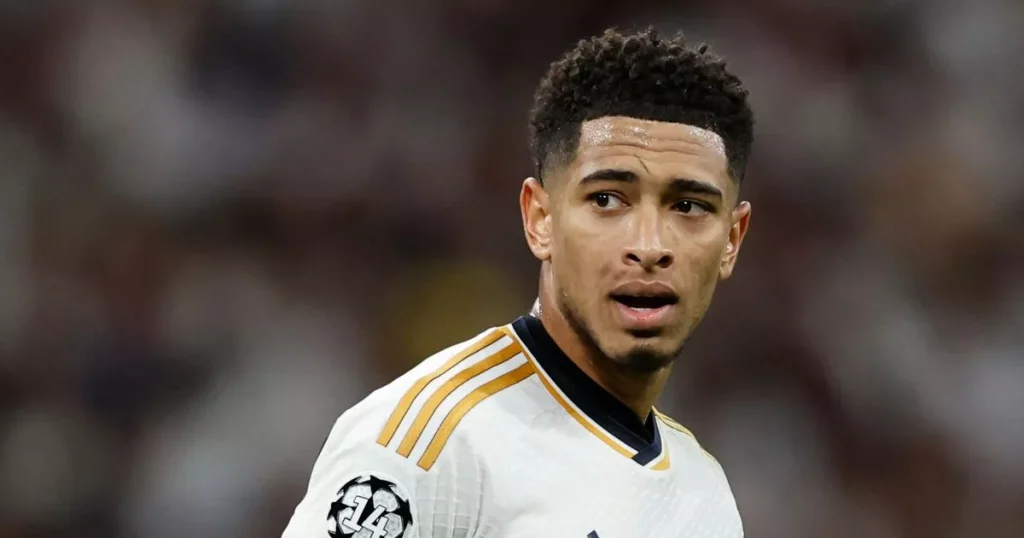Manchester United tried to sign Jude Bellingham from Birmingham City in the summer of 2020, but the rising star instead chose to move to Borussia Dortmund. Bellingham was highly sought after by many top clubs due to his talent, with Borussia Dortmund ultimately securing his signature for £25 million when he was just 17 years old. Following his move, Bellingham excelled on the pitch, contributing 24 goals and 25 assists in 132 games over three years, establishing himself as one of the best central midfielders in the game.
United made a strong effort to sign Bellingham, offering Birmingham £30 million in January 2020. Football director John Murtough led United’s charm offensive and enlisted help from club legends Sir Alex Ferguson, Bryan Robson, and Eric Cantona to convince Bellingham and his family to join the club. However, despite their efforts, Dortmund’s promise of immediate first-team opportunities and a clear pathway for development persuaded Bellingham to choose them. Bellingham’s focus was on his footballing growth rather than financial considerations, as he turned down higher salary offers from both United and City.
Bellingham’s decision to join Dortmund over Manchester United was disappointing for the latter, as they missed out on acquiring a highly talented player for their squad. Despite their best efforts and the involvement of club legends in the recruitment process, Dortmund’s sporting perspective and development plans for Bellingham won him over. The German club emphasized his potential and the opportunities he would have to grow as a player in the coming years, a proposition that ultimately swayed Bellingham’s decision. United’s inability to secure his signature highlighted the challenges of competing for top talents in the sport.
The involvement of Sir Alex Ferguson and other former players in United’s pursuit of Bellingham showcased the club’s commitment to strengthening their squad with elite young talent. However, the club’s presentation to Bellingham did not match the appeal of Dortmund’s offer, which focused on providing him an immediate path to first-team football and subsequent development. Bellingham’s choice reflected his desire for playing time and growth, revealing his footballing priorities over financial incentives. United’s failed attempt to sign Bellingham highlighted the competitive nature of modern football recruitment and the significance of long-term player development strategies.
Bellingham’s success at Dortmund following his decision to snub Manchester United underscored the impact of a club’s sporting vision on a player’s choices. Despite financial advantages that United and City offered, Bellingham prioritized his career progression, which ultimately led him to select Dortmund. The situation exemplified the importance of a club’s ability to showcase development opportunities and playing time to attract top talents like Bellingham. United’s pursuit of Bellingham, albeit unsuccessful, reflected the club’s ambition to secure promising players for their squad and compete at the highest level in European football.
Ultimately, the transfer saga involving Jude Bellingham and Manchester United highlighted the complexities of modern football recruitment, with the player’s development prospects often playing a crucial role in their decisions. Bellingham’s choice to join Borussia Dortmund over United showcased the significance of a club’s sporting project and its ability to provide a clear pathway for young talents. While United made a strong effort to secure his signature, Dortmund’s promises of immediate first-team action and development opportunities won over the young midfielder. The saga served as a reminder of the fierce competition for top talents in football and the critical role of a club’s long-term vision in attracting and retaining players.


